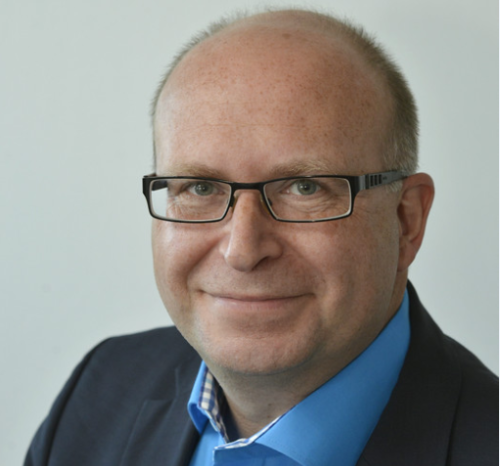Distinguished Lectures at HZB: Prof. Jürgen Janek will give talk about the Materials Research for "Next Generation" Batteries

Prof. Dr. Jürgen Janek, Universität Gießen
The search for new and the development of improved electrochemical energy storage systems stimulates world-wide research efforts in both academia and industry. While impressive improvements and cost reductions are still to be expected for lithium ionbatteries (LIB) and are part of enormous industrial efforts, more fundamental research aims for the creation and understanding of completely new cell types.
In order to provide an up-to-date overview on recent developments, the current status of LIB will be briefly reviewed, before major trends in the study of new cell types will be discussed. Essentially, three types of potential "next generation"; batteries will be considered in more detail: (a) alkali metal/ sulfur batteries (e.g. Li/S8), (b) alkali metal/oxygen batteries (e. g. Li/O2) and (c) solid state batteries (SSB).
The lecture will focus on major materials challenges on the one hand and to mechanistic questions from the physicochemical point of view on the other hand. The lecture will help to better judge a dynamic research field by evaluating the true chances and risks of new cell types.
23.02.2015 16:00 o clock
Lecture Hall at Lise-Meitner-Campus, Hahn-Meitner-Platz 1, 14109 Berlin
Please note that for entering HZB premises a valid ID card/passport is required.
sz
-
Freeze casting - a guide to creating hierarchically structured materials
Freeze casting is an elegant, cost-effective manufacturing technique to produce highly porous materials with custom-designed hierarchical architectures, well-defined pore orientation, and multifunctional surface structures. Freeze-cast materials are suitable for many applications, from biomedicine to environmental engineering and energy technologies. An article in "Nature Reviews Methods Primer" now provides a guide to freeze-casting methods that includes an overview on current and future applications and highlights characterization techniques with a focus on X-ray tomoscopy.
-
IRIS beamline at BESSY II extended with nanomicroscopy
The IRIS infrared beamline at the BESSY II storage ring now offers a fourth option for characterising materials, cells and even molecules on different length scales. The team has extended the IRIS beamline with an end station for nanospectroscopy and nanoimaging that enables spatial resolutions down to below 30 nanometres. The instrument is also available to external user groups.
-
Cooperation with the Korea Institute of Energy Research
On Friday, 19 April 2024, the Scientific Director of Helmholtz-Zentrum Berlin, Bernd Rech, and the President of the Korea Institute of Energy Research (KIER), Yi Chang-Keun, signed a Memorandum of Understanding (MOU) in Daejeon (South Korea).
